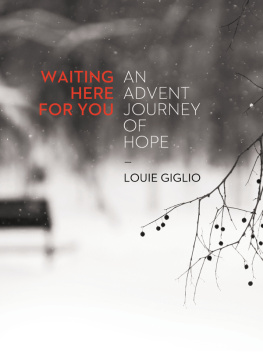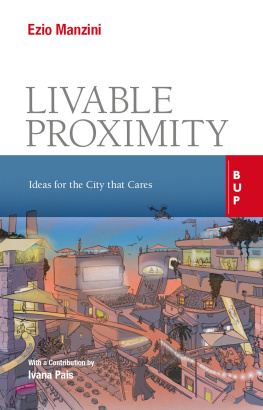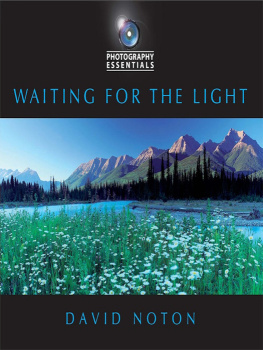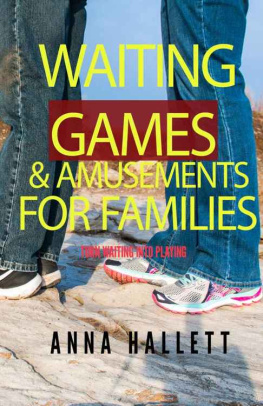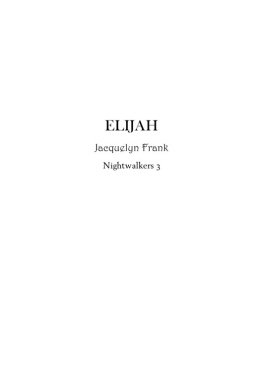W AITING FOR E LIJAHArticulating Journeys: Festivals, Memorials, and Homecomings
General Editors:
Tom Selwyn, SOAS University of London
Nicola Frost, University of Exeter
The landscape of contemporary mobility stresses ideas of home, return, commemoration and celebration. Groups seek to mark changing elements of historical and cultural importance through architecture, narrative and festivity. Migrants and their descendants frequently travel between homes, reinventing and reshaping as they go. Such events can themselves attract travellers and pilgrims with their own stories to tell. Engaging with more substantive ethnographic features and linking back to classical anthropological and philosophical concerns, this series contributes to a new understanding of the Other encountered away from home but also of the Self and home.
Volume 1
Waiting for Elijah
Time and Encounter in a Bosnian Landscape
Safet HadiMuhamedovi
Volume 2
The Rite of Urban Passage
The Spatial Ritualization of Iranian Urban Transformation
Reza Masoudi
Volume 3
Travelling towards Home
Mobilities and Homemaking
Edited by Nicola Frost and Tom Selwyn
First published in 2018 by
Berghahn Books
www.berghahnbooks.com
2018 Safet HadiMuhamedovi
All rights reserved. Except for the quotation of short passages for the purposes of criticism and review, no part of this book may be reproduced in any form or by any means, electronic or mechanical, including photocopying, recording, or any information storage and retrieval system now known or to be invented, without written permission of the publisher.
Library of Congress Cataloging-in-Publication Data
A C.I.P. cataloging record is available from the Library of Congress
British Library Cataloguing in Publication Data
A catalogue record for this book is available from the British Library
ISBN 978-1-78533-856-4 hardback
ISBN 978-1-78533-857-1 ebook
P REFACE

What are we doing here, that is the question. And we are blessed in this, that we happen to know the answer. Yes, in this immense confusion one thing alone is clear. We are waiting for Godot to come
Samuel Beckett, Waiting for Godot
Learning time and space is like moving through a labyrinth. Paths are entangled, indirect and often misleading. Making sense of them requires some kind of anchorage a condensed image of what is already known a return towards encounter. The following pages are about concrete encounters between bodies of knowledge and beings in a southeastern Bosnian landscape known as the Field of Gacko, or simply the Field. They are also about extensions into the immeasurable fields of other encounters and encounters as a human condition. I argue that encounters can thicken into communal timespaces and, from such collective positions, encounter other timespaces.
The charting of these movements may never achieve more than an incomplete image, a silhouette. They are open to error and unfinished fashioning a narrative out of ever-moving lives and accumulating encounters.
This book retraces a fraction of those meeting points. Relating them to the reader is not an easy task. The narratives, actions, rituals and symbols employed in the daily lives of my interlocutors are a particular kind of condensed language. I could have called it my own, as it was authorized as such, but, it was effectively different from what I knew until I encountered the Field. As with most attempts at another language, the process of listening and understanding precedes fluency of writing and speaking. Mispronunciations are inevitable. So, I start with the commonplaces, the most familiar parts of this language of encounters, and only then attempt to explore their inflections through the morphology, syntax and semantics of particular instances. I have asked myself repeatedly about the influence of my other languages, which were both upholding and hindering my analysis.
My research is dedicated primarily to the Field that has desired itself in the image of proximity, one whose lives have been encroached upon by dissociative violence. Projects of ruination, grouped under the shared trope of nationalism, still ossify the discursive spaces they secured after the breakup of Yugoslavia and the subsequent war in Bosnia (19921995). These homogenizing narratives incommensurability with the diversity of landscapes continues to sustain forced migration, isolation and fear. This book, however, for the most part, lacks descriptions of such atrocities. They are dealt with, but through a proximity turn (see Introduction), a decision, for lack of a better word, to delve into the Field of encounters and intimacies, many times only discernible in remnants. If you are a Gaanin (person from Gacko) and, in reading this work, you find that it substantially departs from the interpretations and experiences you hold as your own, I take responsibility in demonstrating that it is based on the lives of the people who, in one way or another, share your Field.
These people, your fellows of the Field, await. After them, after this work and after me too, the Field will still be seeded with expectation. It might be oblivious to the songs of the nomadic Gurbeti arriving to the budding grasslands in springtime. It might not know the scent of rice cooked with smoked meat and nettle on Georges Day. It might not echo with the titanic voices of ganga and bearac singers or send up sparks of magic light from the graves of the Good into the evening sky. But, you might desire the Field as it turns into the colours of green after a too-long toneless cold. A nettle may well sting your leg in some coming spring. You might, perhaps, wonder what the Field, before you, has said as lightning strikes. For, you, like the rest of us who have conversed with the Field, will feel its rhythm. You will know when to hide from it and when to be embraced by it. And, you will await its seasons.
In Becketts (2010) famous play, two men persistently wait for a character called Godot, who never seems to come. In the landscape made up of their conversations and a single tree, the act of waiting ultimately defines both them and Godot. The title of this book summarizes the many stories about Elijahs Day. They seldom start with the day itself, something I did not understand at first. I got used to hearing about the winter, the crops, friendships and the eagerness of waiting.


